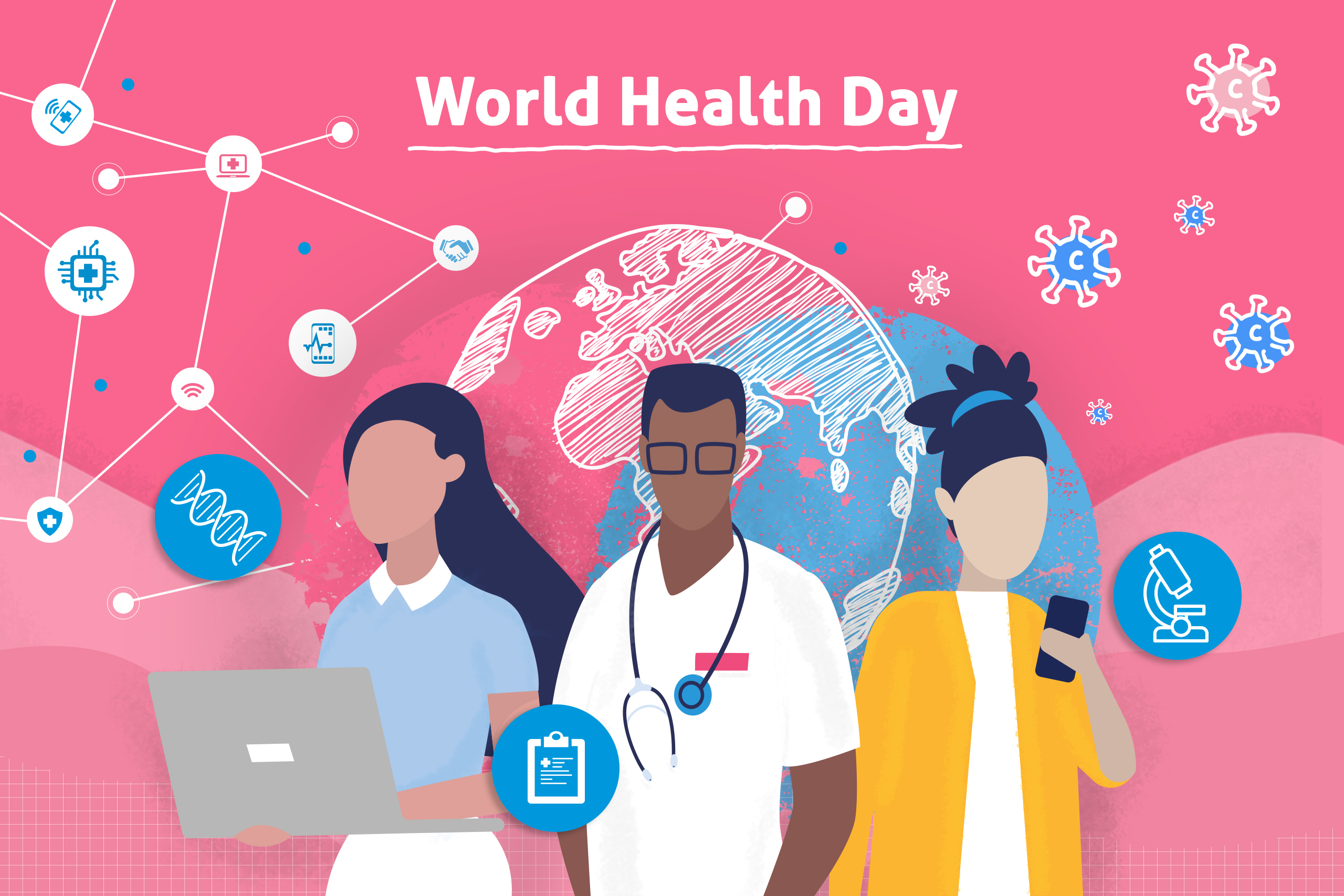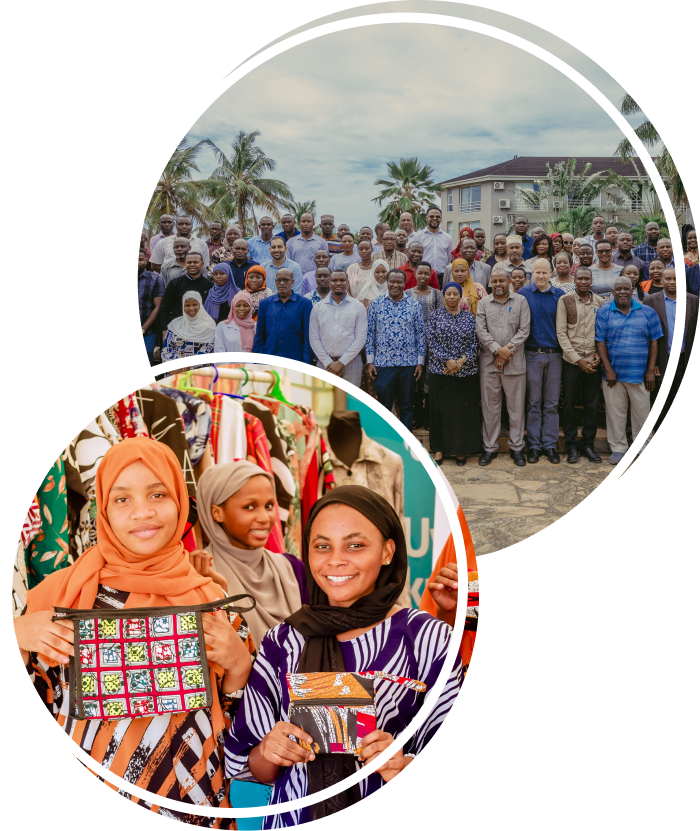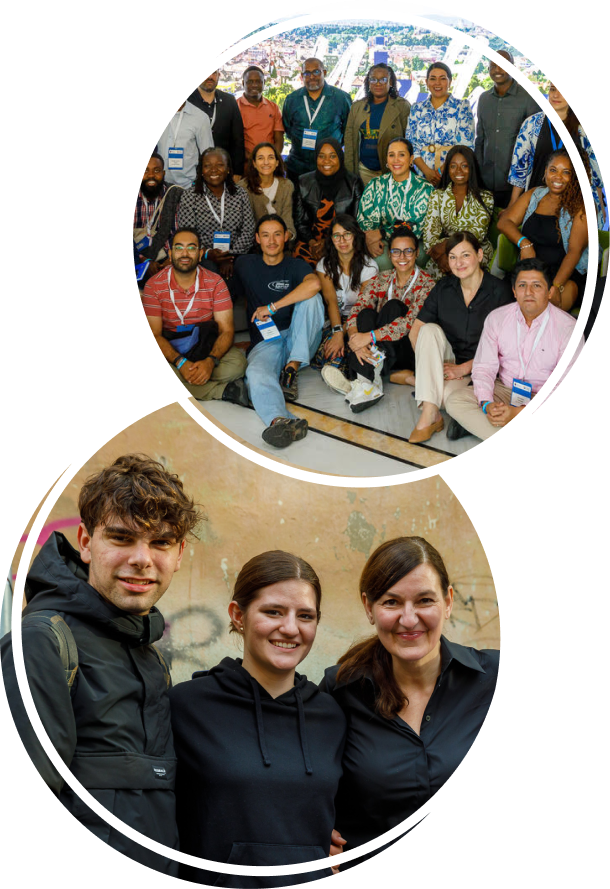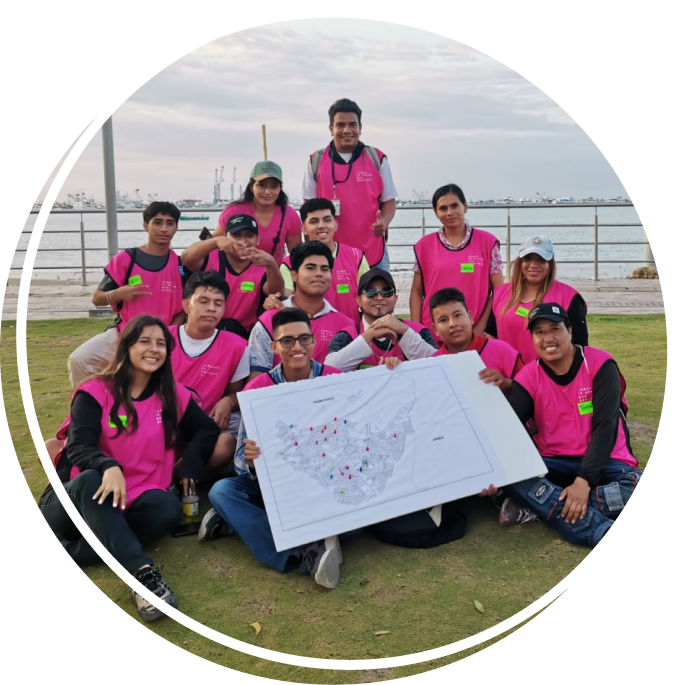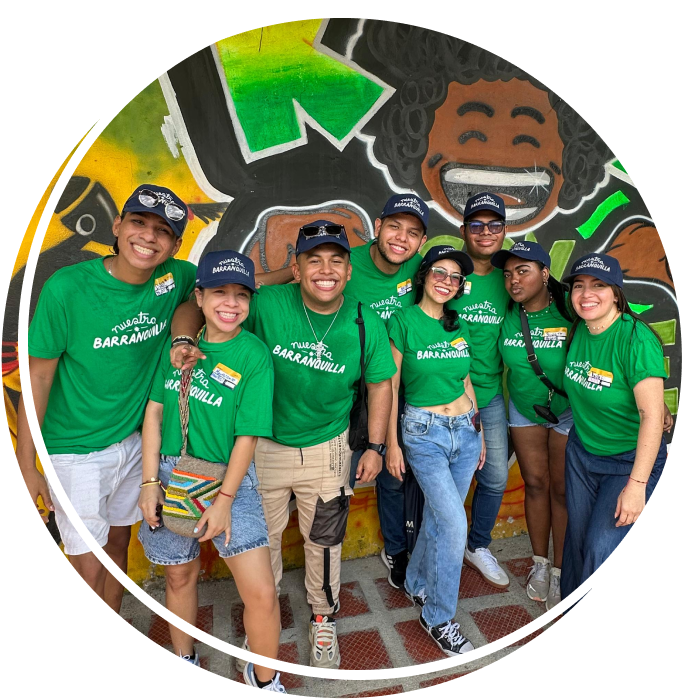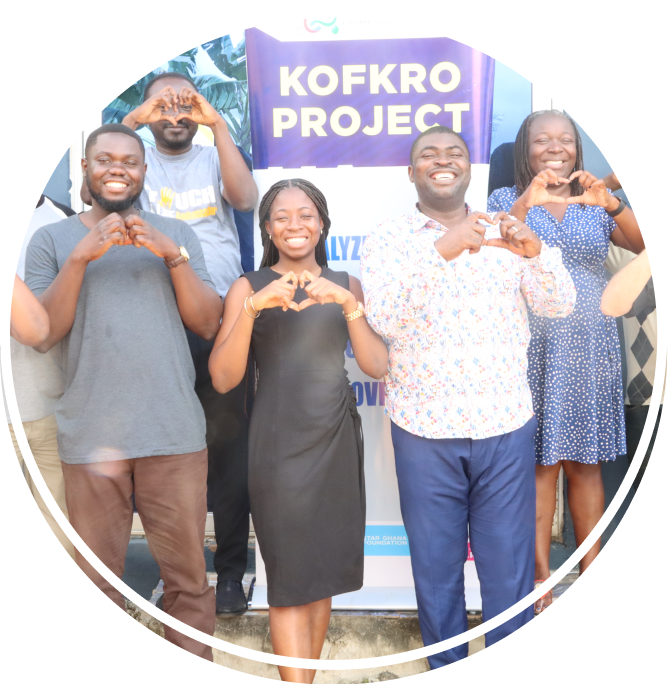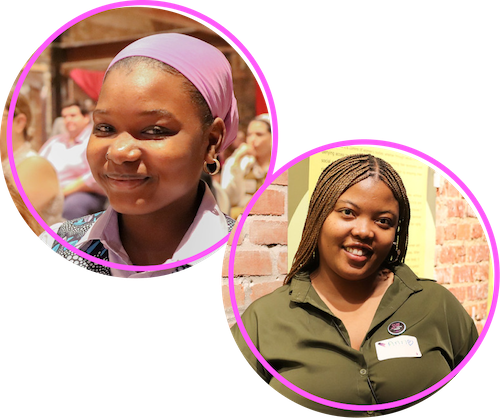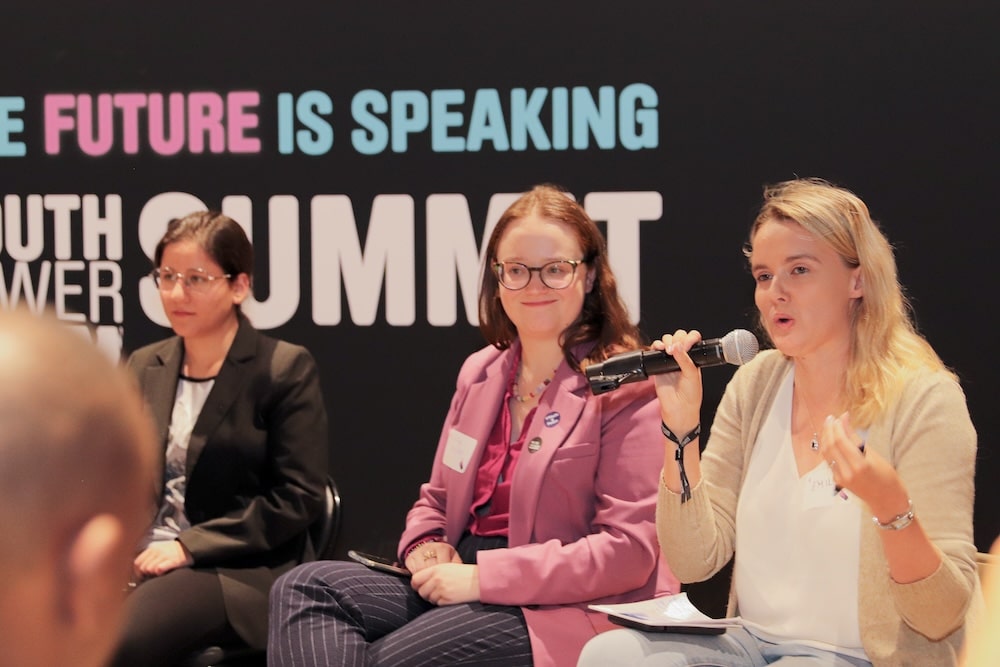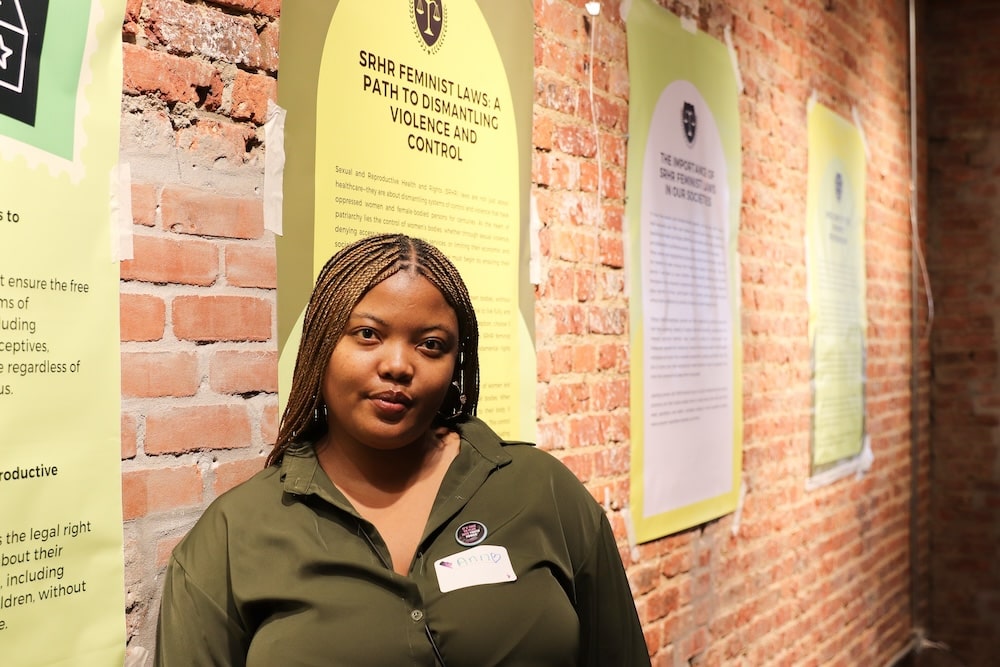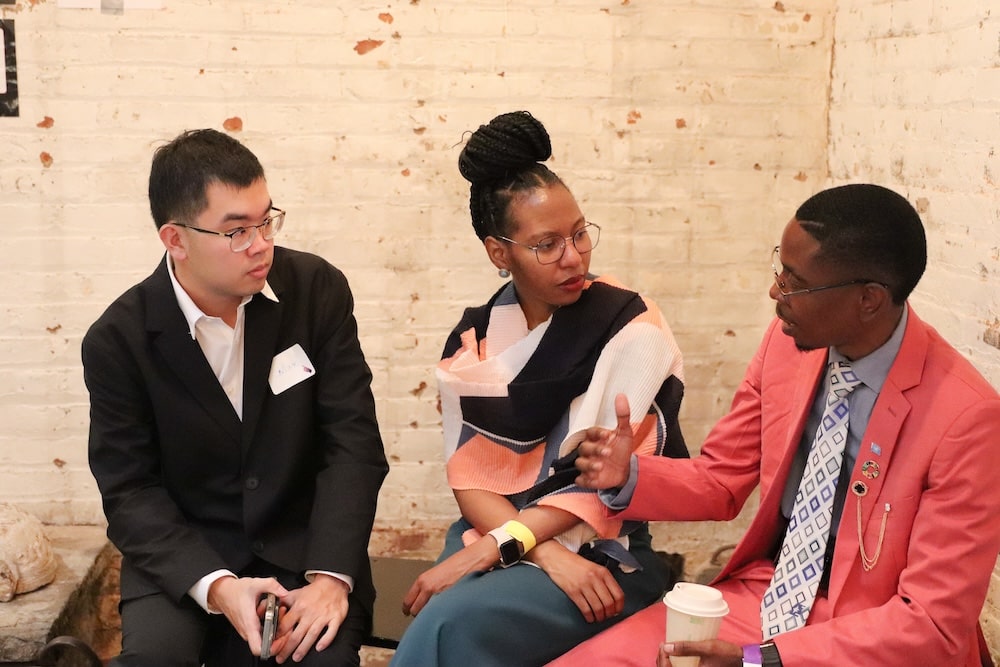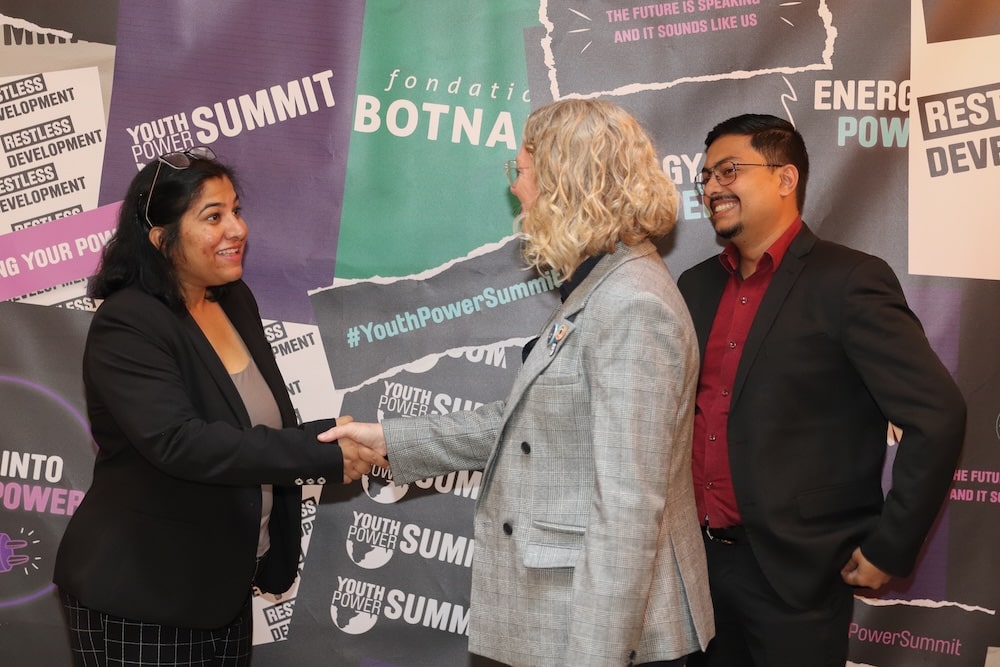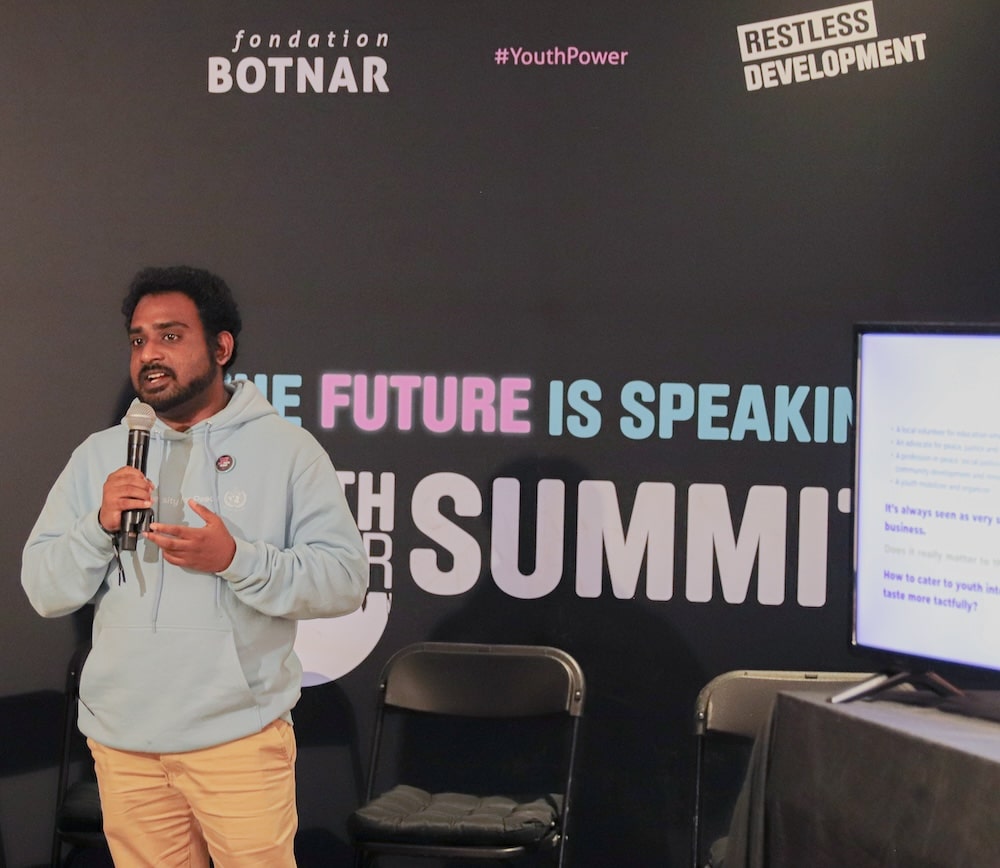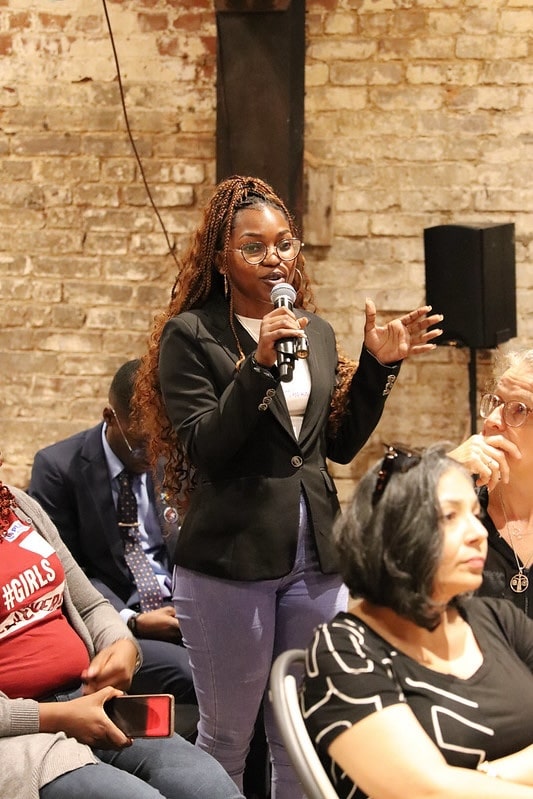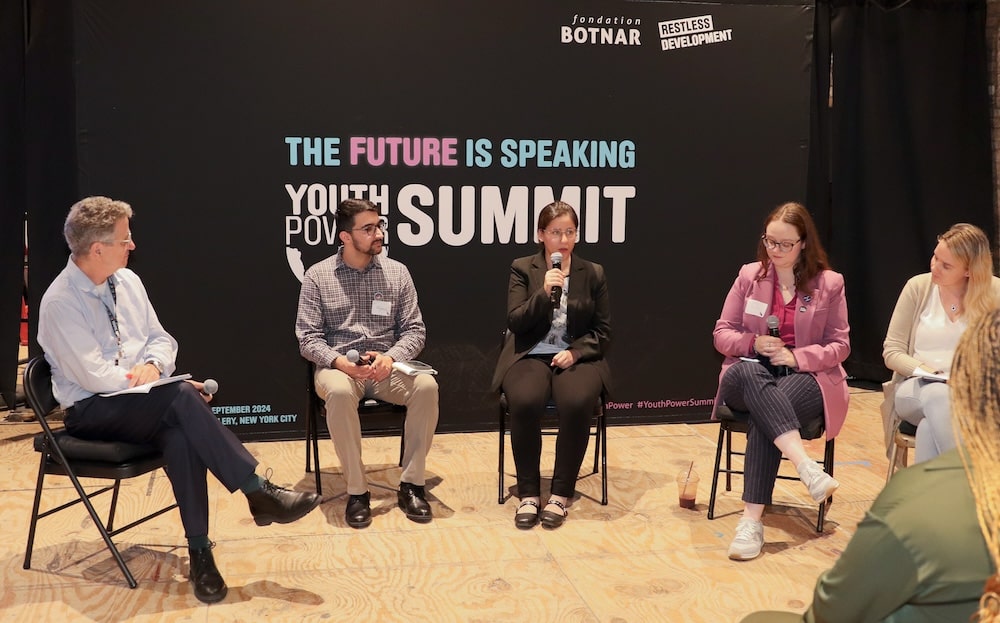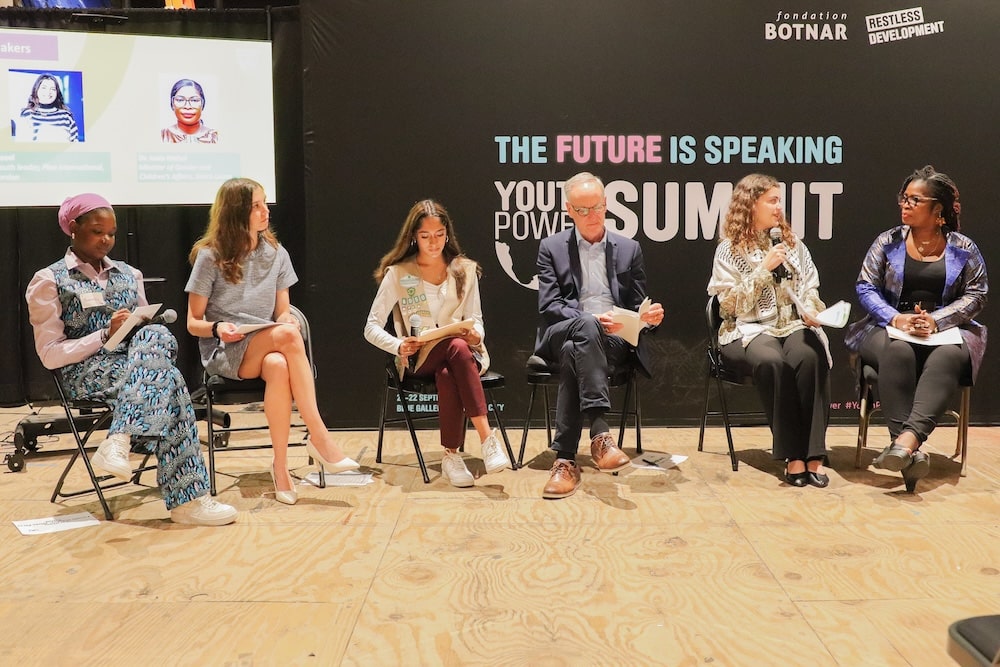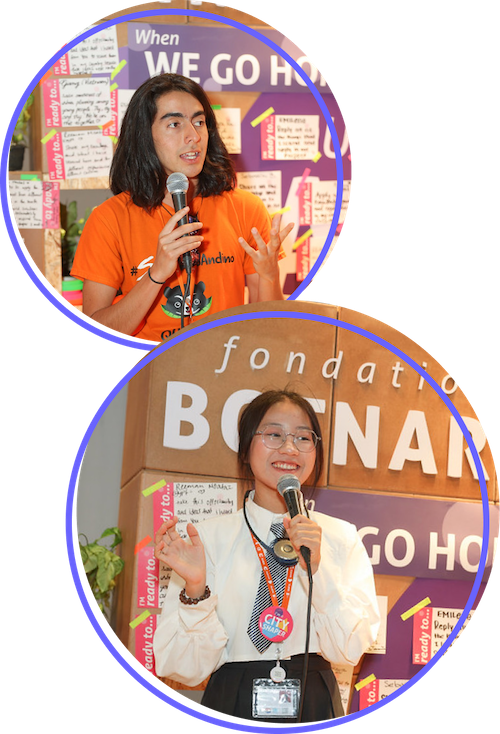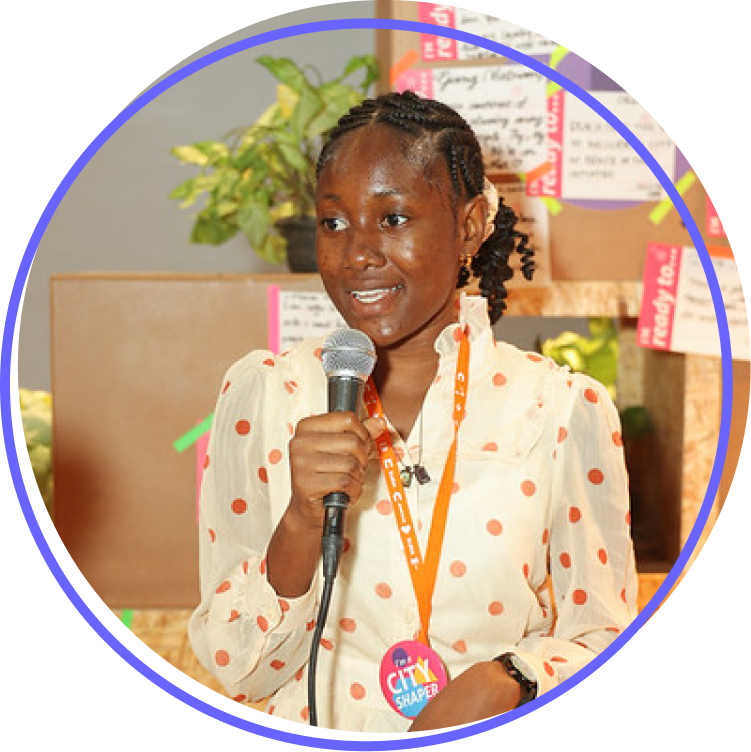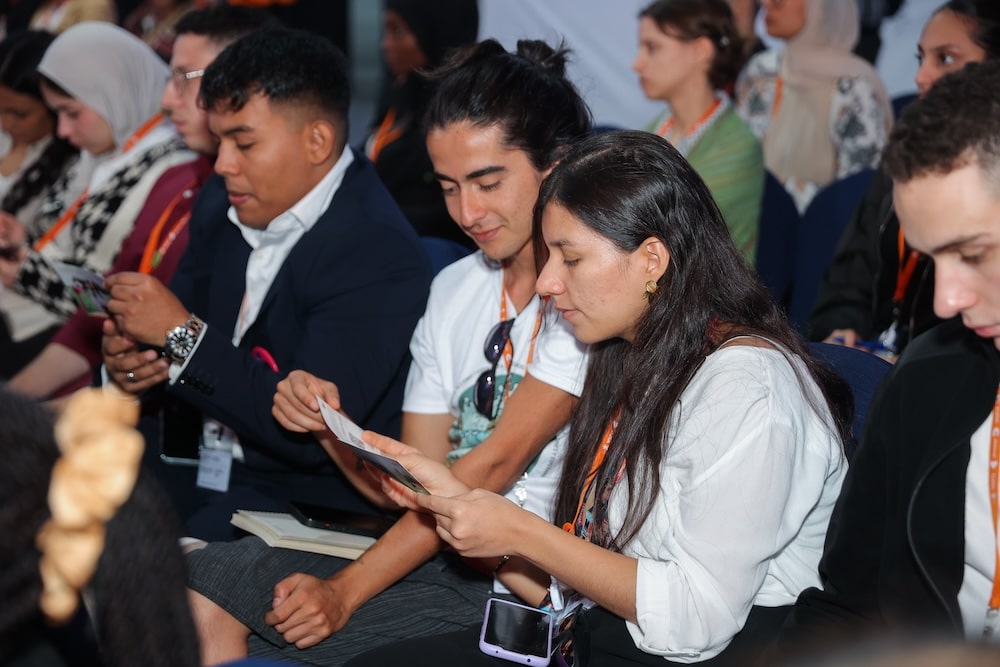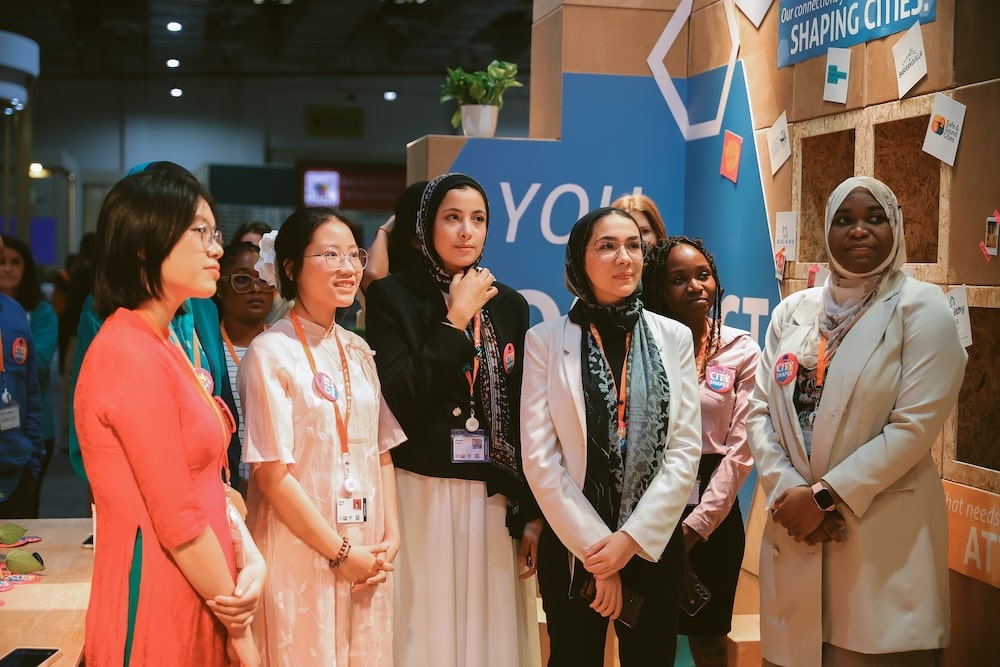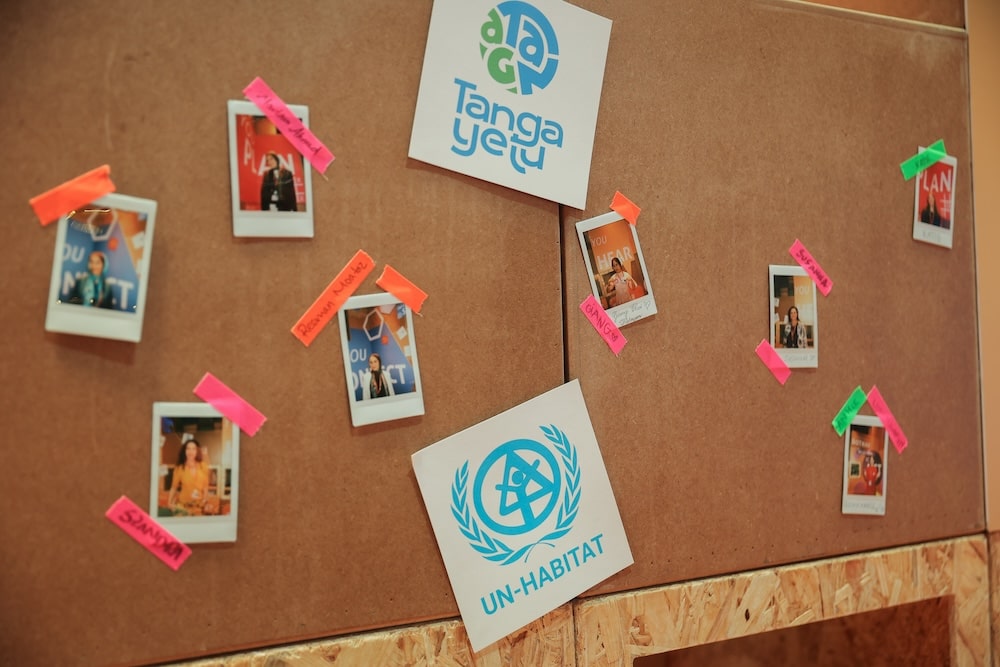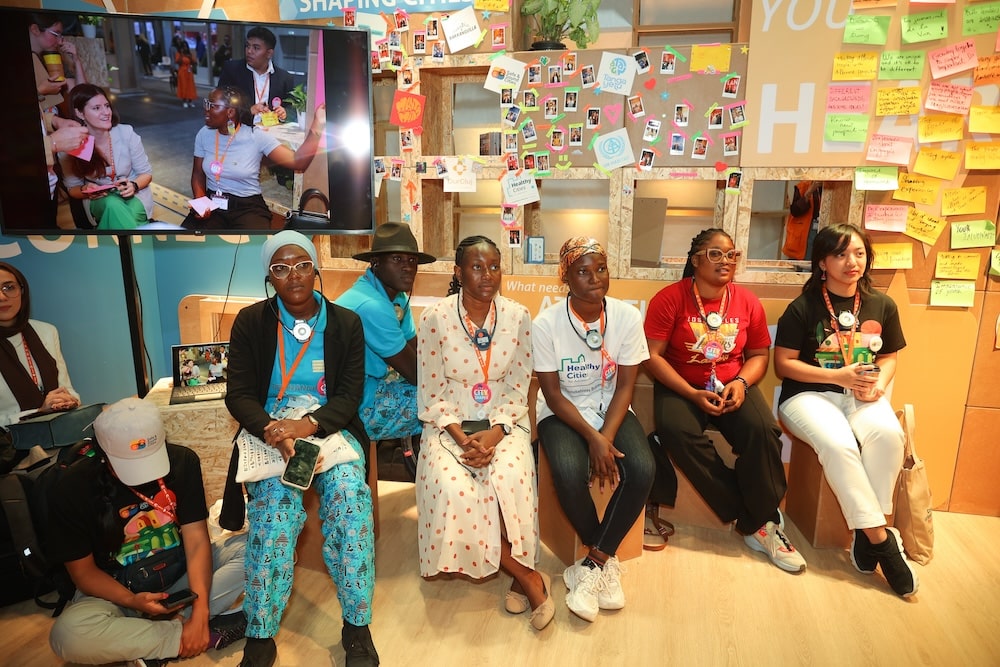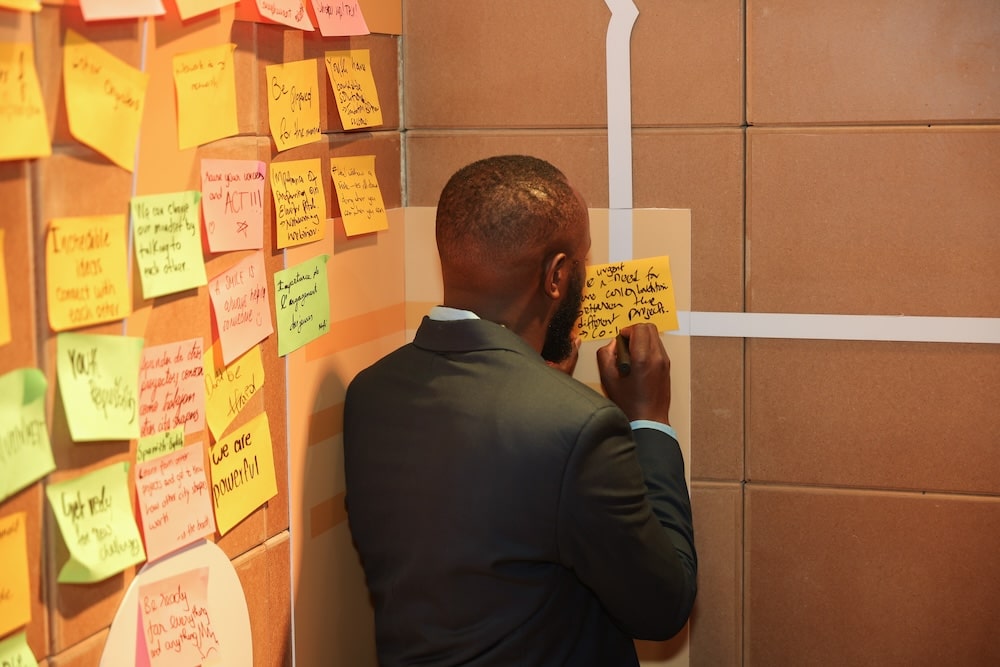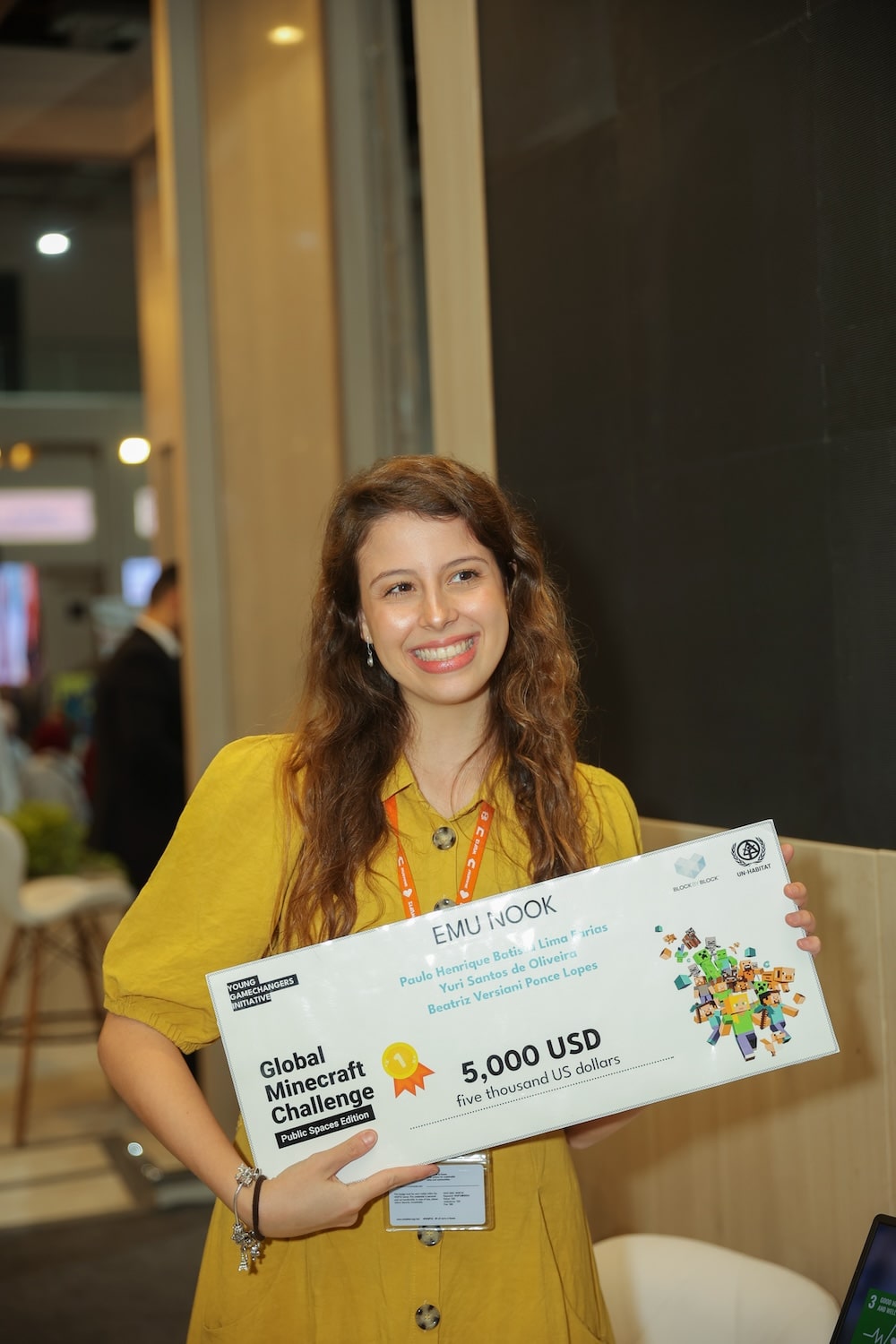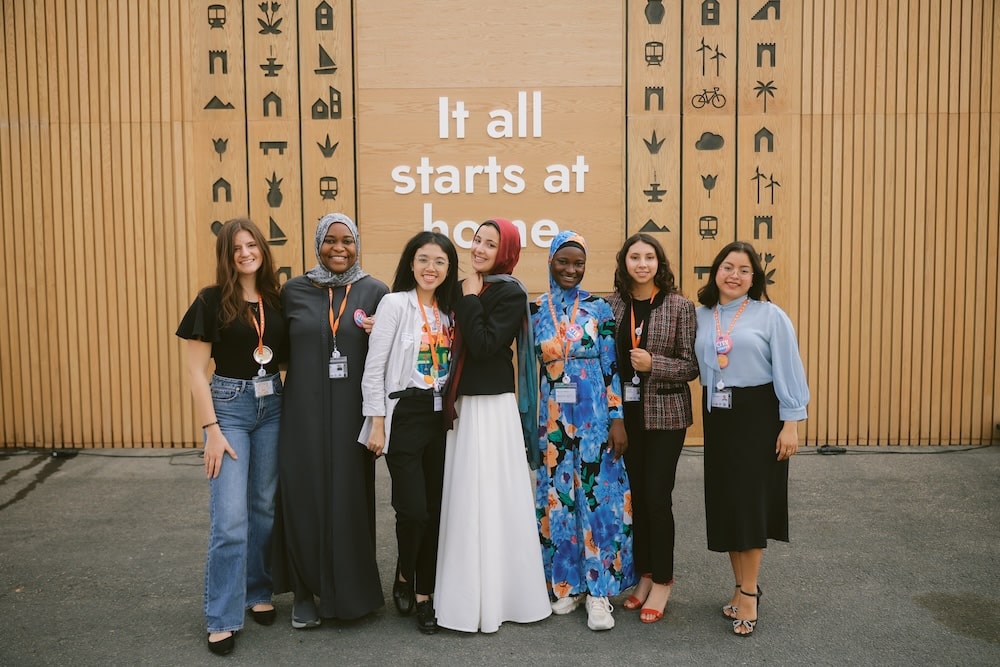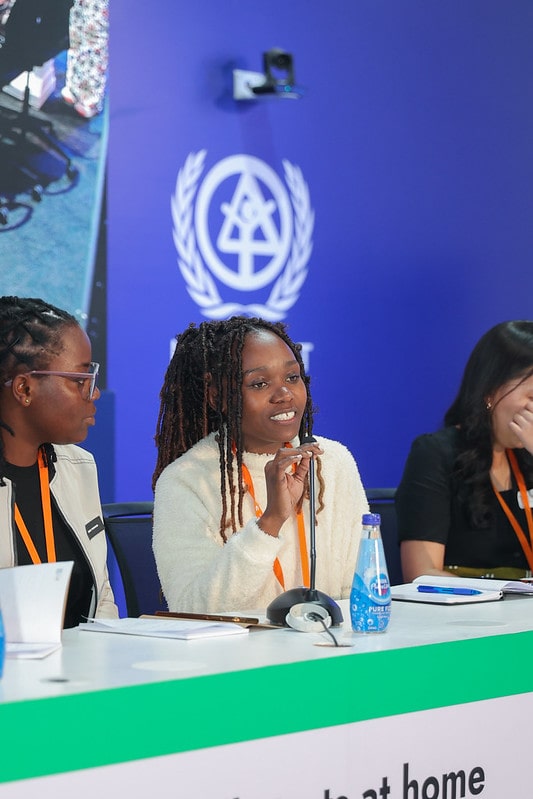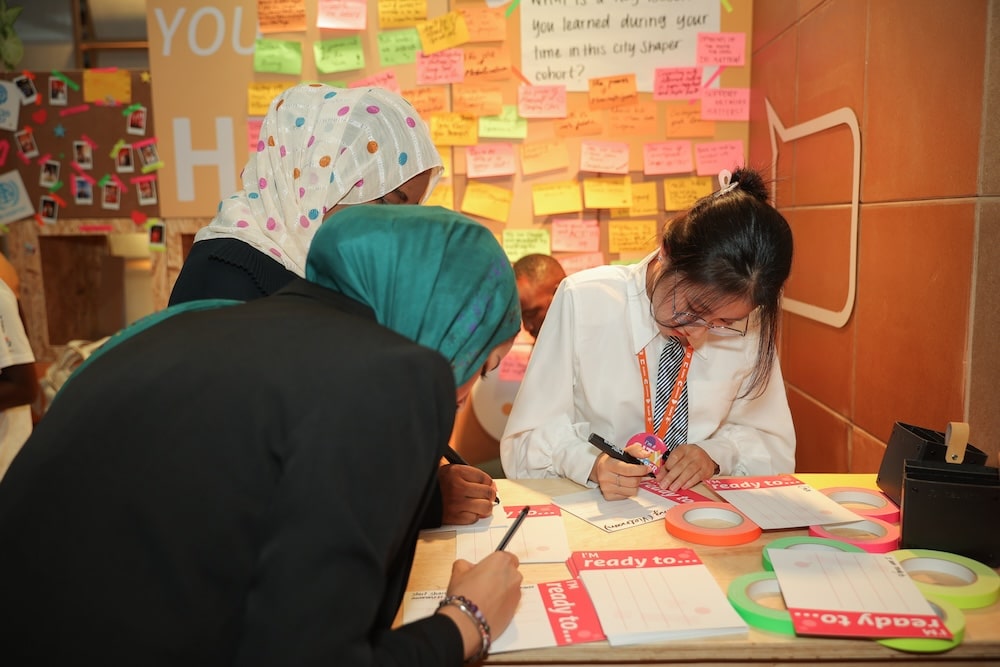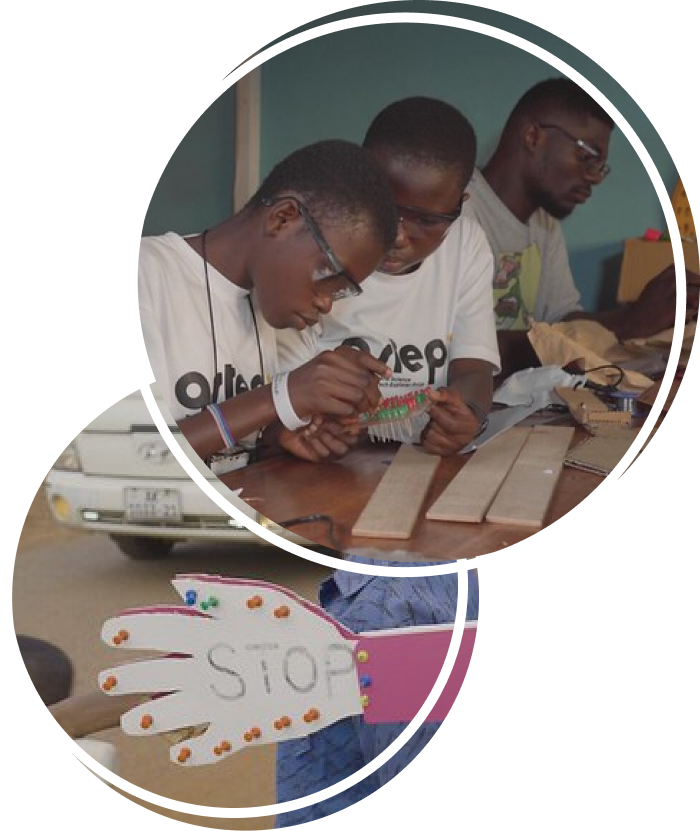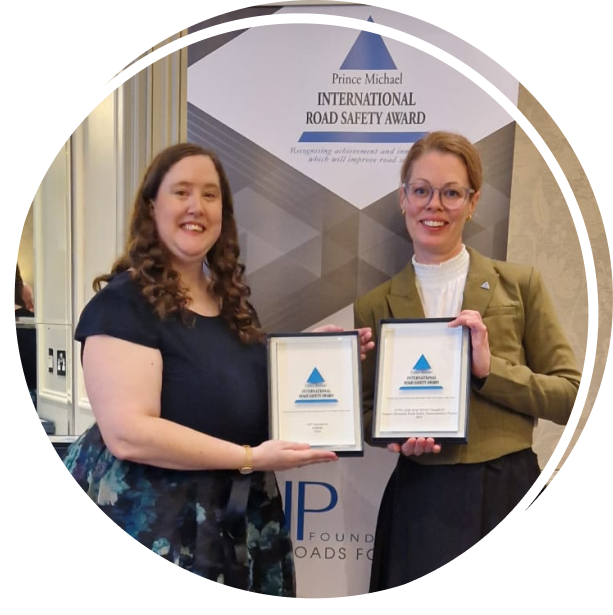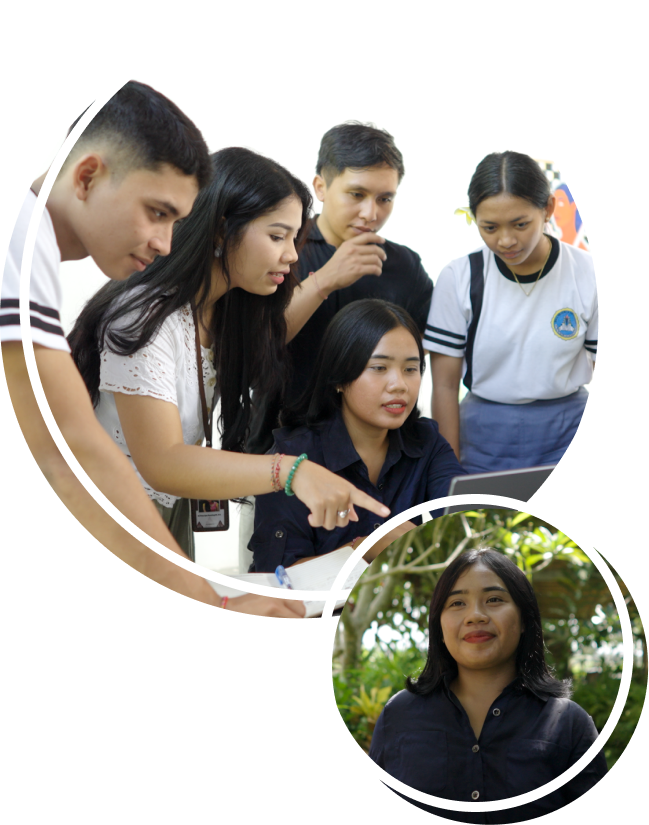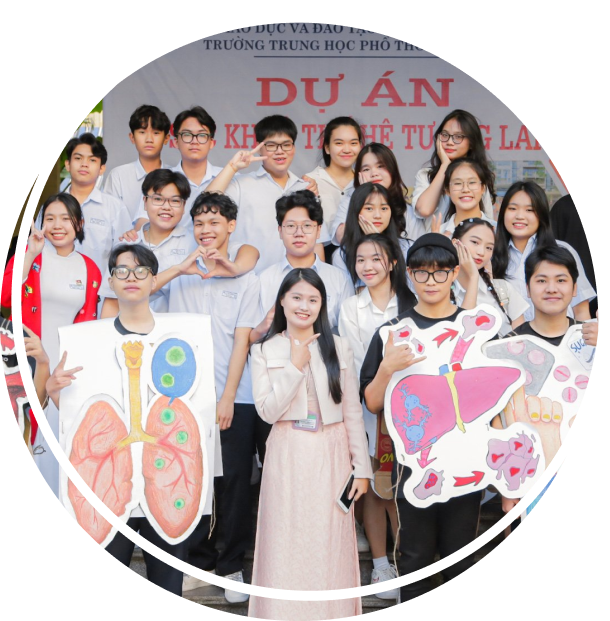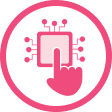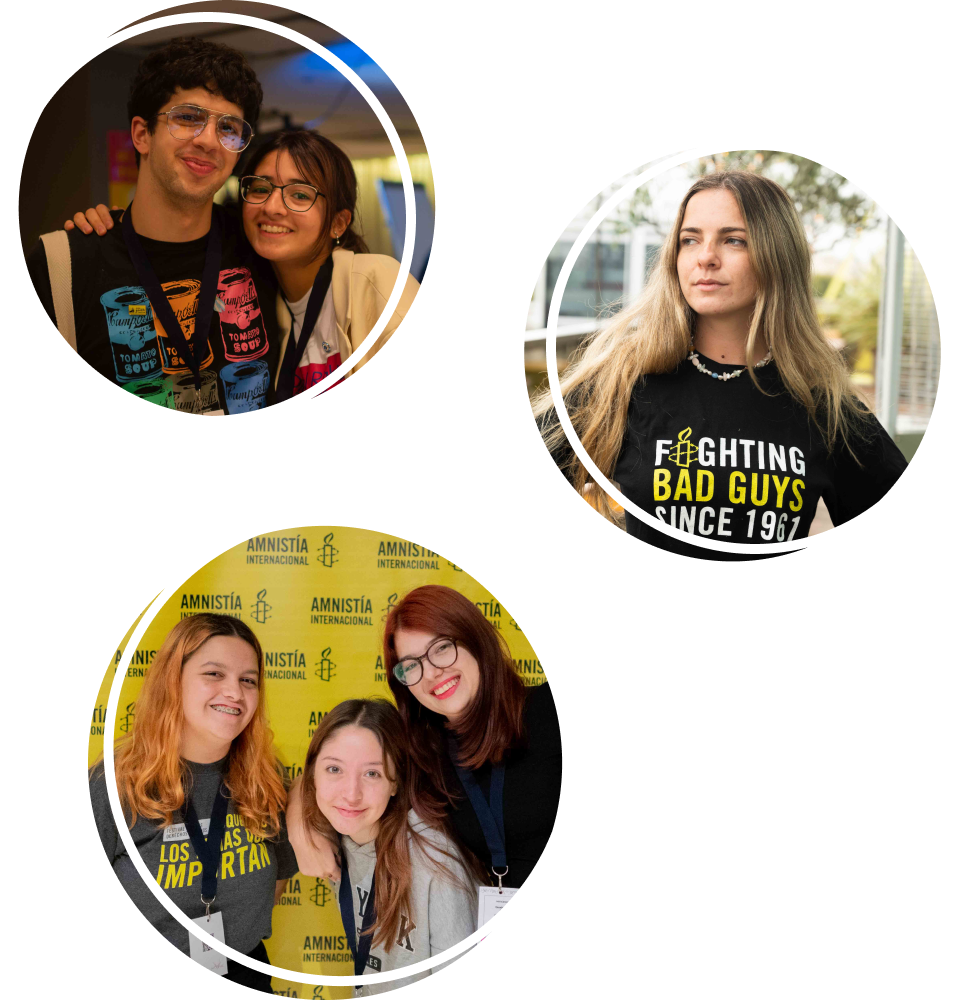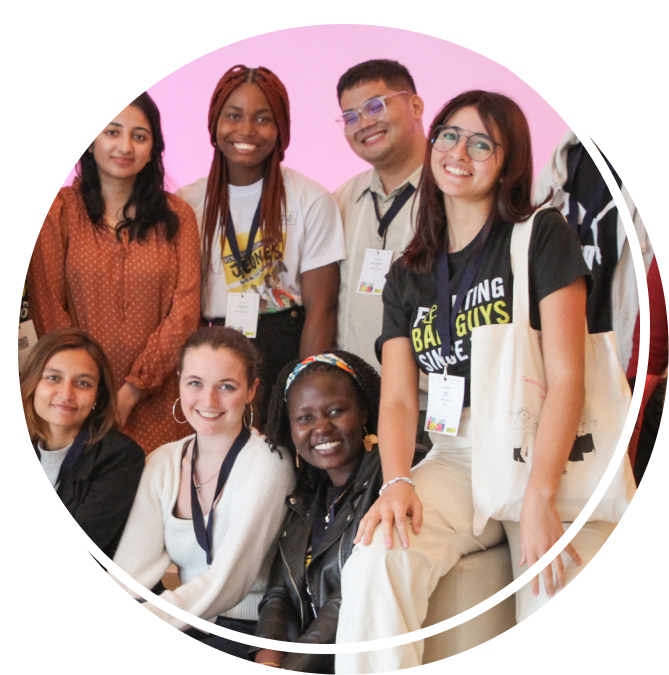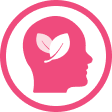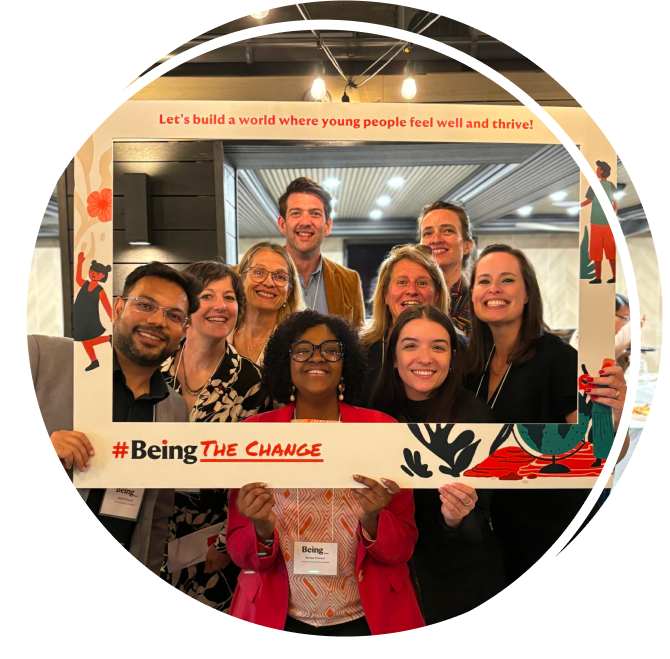On World Health Day 2020, as the whole world is talking health and experiencing serious challenges in tackling COVID-19, Stefan Germann, CEO of Fondation Botnar, shares how technology is being used to strengthen health systems around the world, and the crucial technical, societal, and human rights issues this brings.
Since the two most recent pandemics, SARS and Swine flu, a new digital age has emerged and COVID-19 is the first pandemic to occur in a highly digitalised world. The Internet of things (IoT) is able to connect our devices to single interfaces, AI can analyse large data sets in record time and with greater precision to aid in problem-solving, and increased internet connectivity has created a responsive, connected world.
At Fondation Botnar we have over the last few weeks listened to partners to understand how we better can support the countries we are operating in. We have only become more convinced that better coordination and enhanced collaboration is needed to harness the potential of digital for global health and that foundations have a key role to play in this. Through being able to mobilise flexible resources, and having the capacity to focus on long-term solutions, we have the ability to be more innovative and, by definition, take more ‘risk’ than other sectors, often including national governments.
I am proud that Fondation Botnar has committed CHF 20 million to accelerate global research on COVID-19 and joined the XPrize Pandemic Alliance. I am also happy to see that our existing partners are already fast adapting to the situation. For example, Ada Health has developed a digital COVID-19 assessment and screener. More than ever, this is a time when we need to join forces and solve this collaboratively. We have seen some good examples already, which are worth highlighting.
From theoretical thinking to practical application
There are promising emerging examples of contact tracing platforms that gather data through the use of bluetooth on mobile devices. However, these platforms must take a privacy-preserving approach that upholds GDPR standards. With the right platform, national health systems will have access to powerful data to aid in tracking the spread and reducing the transmission of the virus.
Throughout the last few years, we’ve seen digital health go from conceptual thinking and pilots to practical application, and at Fondation Botnar we are proud to have digital innovation at the heart of our strategy to improve the health and wellbeing of young people. While digital solutions alone will not effectively and efficiently solve a pandemic like COVID-19, they are a critical enabler, but it is important to remember that crucial is also to make testing more accessible, encourage physical distancing, and inform about hygiene measurements reaching all.
Everyone has a responsibility to prevent the virus from spreading further. One good example of a digital solution aiming to better inform the public about preventative actions individuals can take is a chatbot developed by the World Health Organisation (WHO) together with Prakelt.org. The service is free to use and gives WhatsApp users access to reliable information about the virus, travel advice, and the latest numbers. But not all people have access to the internet. In remote areas in low- and middle-income countries, people use a different source of information as their access to the internet is limited. Farmradio is getting important messages about COVID-19 out to some of the most remote communities across Africa.
Nothing, however, symbolises this new digitally connected world and practical application of technology in the response to COVID-19 more than the COVID-19 map, an open-source initiative from Johns Hopkins showcasing real-time data from every country in the world, tracing the spread of COVID-19. It is a fitting example of the global community coming together and sharing highly relevant data for the public good.
The ongoing societal and human rights issues
Over the last few weeks, we have been witnessing digital health being put into wider global application, opening up and reinvigorating important human rights discussions. For example, Taiwan (and many other countries) were quick at putting up a “digital fence” to ensure people were not breaking their isolation or quarantine periods, but how does this comply with personal privacy and data protection when this digital surveillance is often conducted without their knowledge or consent? And how do we ensure that the data that is currently being collected to prevent the spread of COVID-19 is going to be used just and only for that?
Although the world has made remarkable progress in innovation, cutting-edge research, and in trialling applications, the primary challenge now is on further integrating and streamlining this infrastructure to aid in fighting the pandemic and to create responsible data governance frameworks that ensure data is secured in an ethical, responsible and legal way.
So on this World Health Day, let’s focus on the role of digital and data for the transformation of global health, particularly investments for helping deliver the promise of Universal Health Coverage to prepare against future pandemics*. And finally, a special message of thanks to health workers, scientists, innovators and advocates around the world for their incredible response to one of the greatest challenges of our time to our global health and global society.
Read more about Fondation Botnar’s response to COVID-19 here and here.
*Together with several international partners, Fondation Botnar is supporting a 10-year effort around advocacy, communication and accountability for artificial intelligence and digital and frontier technologies as a catalyst for the 2030 UHC agenda – read more here.
